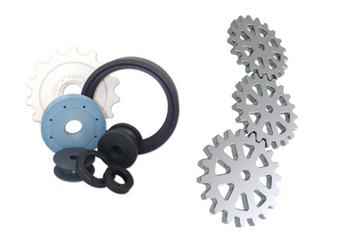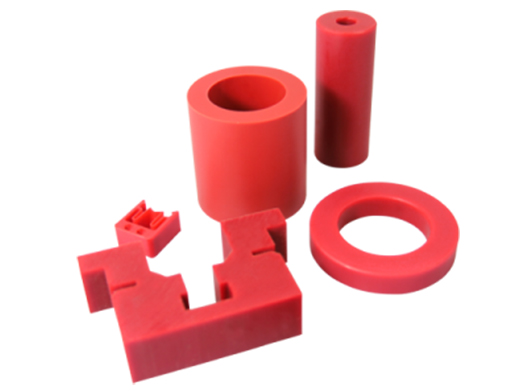Cast nylon and performance plastics are commonly the material of choice to replace traditionally metal parts in machinery and equipment. They have significant advantages over metal, which we’ll highlight for you in this article.
Weight: In many applications, the weight of your finished equipment or design is critical to its performance. Cast nylon plastics are significantly lighter than traditional metals.
Cost: There is a significant cost saving when choosing cast nylon parts over metal parts. For example, the raw materials and fabrication process are much more cost-effective. Cast nylon plastic parts are also lighter, so they cost less to ship. And these plastic parts withstand high heat and friction environments well, so they fail less and need replacing less frequently.
Self-Lubrication: When using metal parts, you need to add extra lubrication to prevent excess wear and tear. Many grades of cast nylon have self-lubricating properties. Not only does this extend the life of your parts, but it means they need manual lubrication less frequently, saving you from unnecessary equipment downtime.
Resilience: Cast Nylon plastics are resilient. Many parts can warp and deform over time, and in metal parts, these deformations are permanent. Cast nylon resists warping, and any malformations can more easily bounce back to their original shape.
If you’d like to talk about manufacturing your traditionally metal parts in cast nylon plastic, contact our design team today, and we can help you pick the right material for the job.







